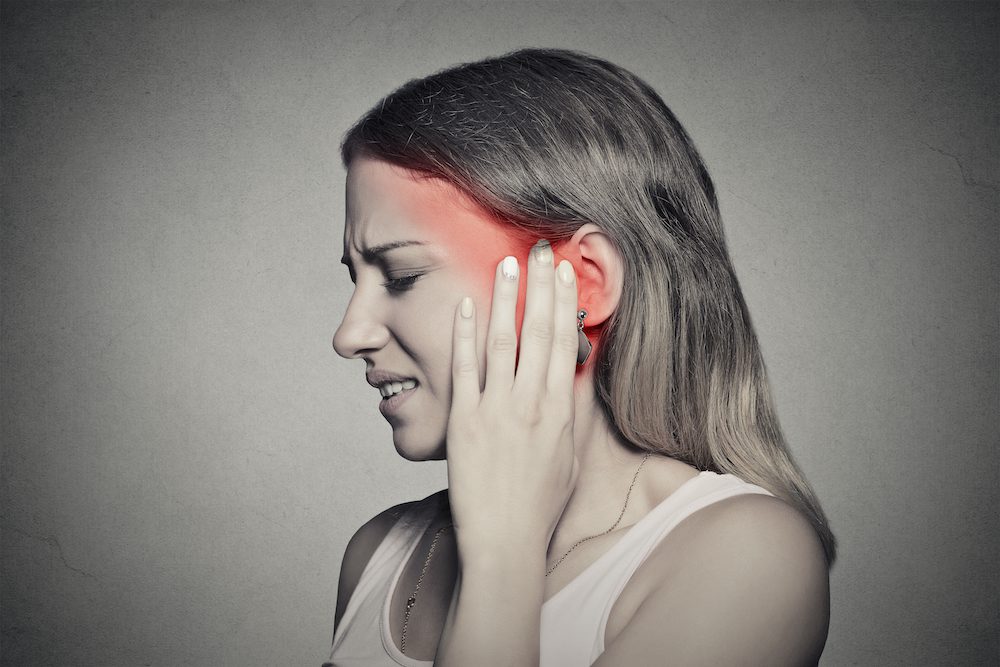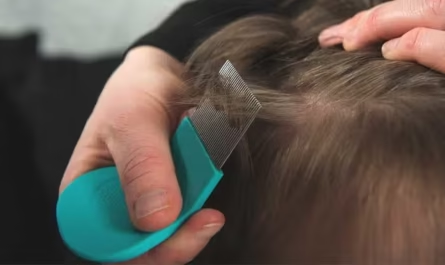Experiencing Soreness pain in the ear can be uncomfortable and concerning. While many instances are harmless and resolve on their own, some causes require medical attention. Ear pain, medically known as otalgia, may originate within the ear (primary otalgia) or from surrounding areas like the jaw or sinuses (secondary otalgia).
This article explores common reasons for Soreness ear pain, associated symptoms, possible treatments, home care options, and prevention strategies.5 Causes of Sharp Pain in the Ear.
Causes of Sharp Pain in the Ear
- Pressure Changes (Barotrauma)
Changes in external pressure—like during air travel, diving, or driving through high altitudes—can lead to discomfort in the ears. This condition, known as ear barotrauma, happens when the eustachian tubes fail to equalize pressure between the middle ear and the outside environment.
Symptoms
Sudden stabbing pain
Plugged or blocked ear sensation
Temporary hearing loss
Light heade ness
- Sinus Infections
Inflammation or infection of the sinuses can radiate pain to the ears due to the proximity and connected nature of the sinus and ear structures. Common sinus-related conditions include:
Otitis: Inflammation of the ear (middle or outer)
Sinusitis (inflammation of the sinuses)
Mastoiditis (infection behind the ear)
Accompanying symptoms
Throbbing or radiating pain around the ears
Nasal congestion
Facial pressure or headaches
Fever
- Ear Infections
Middle and outer ear infections are leading causes of ear pain. Outer ear infections, often called “swimmer’s ear,” are linked to trapped moisture or irritation from objects like earbuds or cotton swabs
Persistent ache or burning sensation
Fluid discharge
Itchiness in the ear canal
Fever or fatigue
4. Temporomandibular Joint Disorder (TMD)
Jaw joint dysfunction can cause referred discomfort that reaches the ears. TMD is often triggered by teeth grinding, jaw misalignment, or stress.
Common symptoms:
Clicking or popping in the jaw
Locking of the jaw
Radiating pain near the temples or ears
Difficulty chewing or speaking
- Foreign Object in the Ear
This is especially common in children, but adults may also experience it due to misplaced earbuds or insects. A lodged object can irritate or injure the ear canal.
Symptoms
Sharp or localized pain
Hearing blockage
Drainage or inflammation
Risk of infection if not removed properly
ALSO VISIT
Symptoms
Depending on the underlying cause, ear pain may be accompanied by:
Hearing loss or muffled sounds
Tinnitus (ringing or buzzing in the ears)
Loss of balance or vertigo
Fever or chills
Drainage or bleeding from the ear
Difficulty swallowing or jaw movement
Facial numbness or weakness (in rare cases)
Treatment
Medical Treatment
Treatment depends on the root cause:
Pain relievers like ibuprofen or acetaminophen can manage mild to moderate pain.
Antibiotics may be prescribed if a bacterial infection is present.
TMD-related pain might be managed with muscle relaxants, dental appliances, or therapy.
Removal of foreign objects should be performed by a healthcare professional to prevent further damage.
Home Care
For minor or non-severe ear pain, the following self-care tips can help:
Warm compress: Apply a warm cloth to the affected ear to ease pain.
Over-the-counter drops: Specially formulated ear drops may help relieve inflammation or soften wax.
Avoid inserting objects into the ear, such as Q-tips, which can worsen pain or push objects deeper.
Stay upright: Especially during a cold or infection, staying upright can help fluid drain naturally from the ear.
Prevention
Preventing sharp ear pain often involves protecting the ears from infections, trauma, and pressure changes:
To avoid infections:
Refrain from inserting fingers or objects into the ears
Dry ears thoroughly after swimming or bathing
Treat allergies and skin conditions like eczema promptly
Use clean hearing aids and replace ear tips regularly
To avoid barotrauma:
Swallow, yawn, or chew gum during altitude changes
Use decongestants before flights if congested
Try the Valsalva maneuver (gently blowing while pinching the nose and keeping the mouth closed)
Seeing a Doctor
Seek immediate medical attention if you notice:
Severe or persistent ear pain lasting more than 3 days
Blood or pus draining from the ear
Noticeable hearing loss
Swelling or redness around the ear
High fever or vomiting
Recurrent ear infections
People with underlying conditions like diabetes, compromised immunity, heart or lung disease, or neurological disorders should be especially cautious and consult a doctor promptly if ear pain develops.
Summary
Sharp ear pain can result from a variety of causes, ranging from minor issues like pressure changes to more serious conditions like infections or jaw disorders. While many cases improve without medical intervention, persistent or severe symptoms should not be ignored.
If you’re unsure about the cause or if symptoms worsen, it’s best to consult a healthcare provider to ensure appropriate care and avoid complications.



